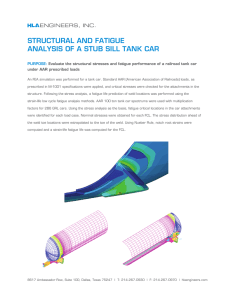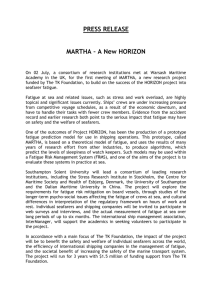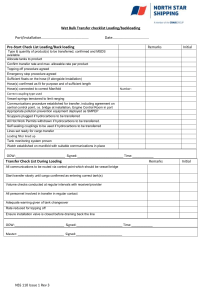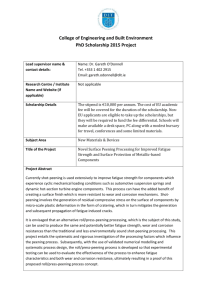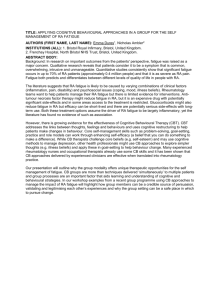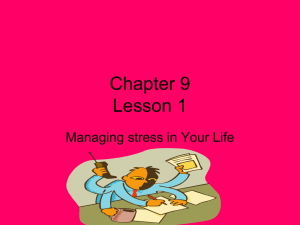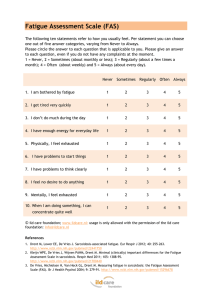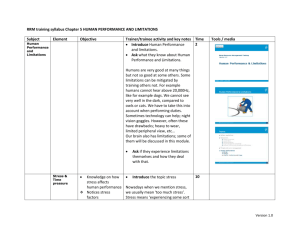Loss Prevention – Steel Cargoes
advertisement
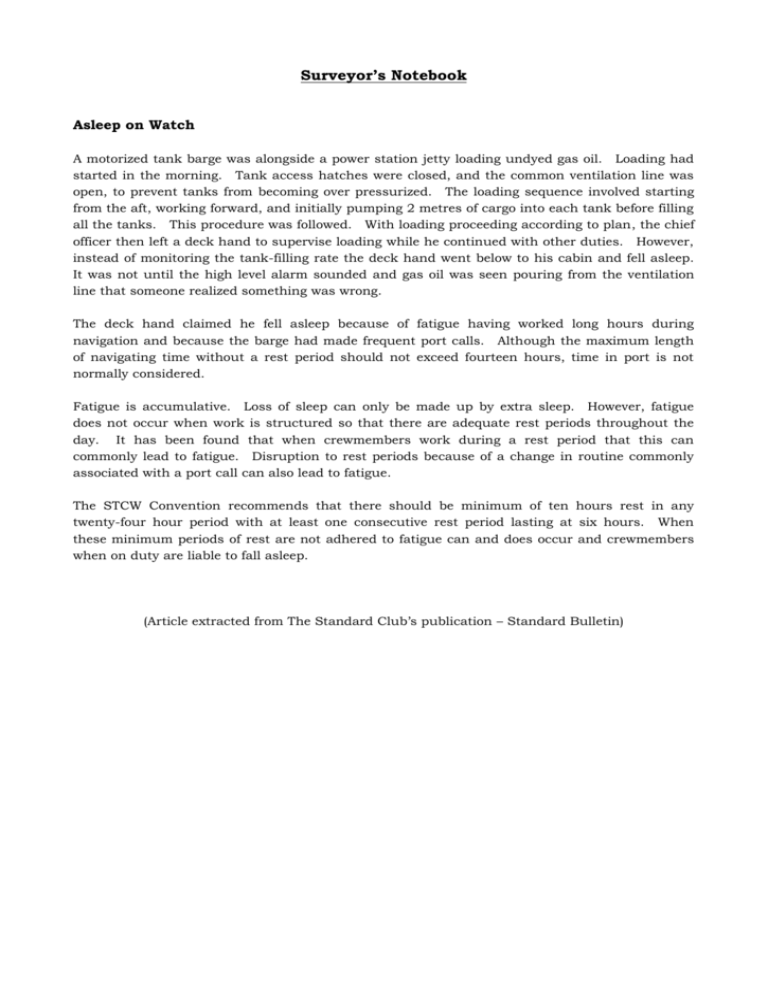
Surveyor’s Notebook Asleep on Watch A motorized tank barge was alongside a power station jetty loading undyed gas oil. Loading had started in the morning. Tank access hatches were closed, and the common ventilation line was open, to prevent tanks from becoming over pressurized. The loading sequence involved starting from the aft, working forward, and initially pumping 2 metres of cargo into each tank before filling all the tanks. This procedure was followed. With loading proceeding according to plan, the chief officer then left a deck hand to supervise loading while he continued with other duties. However, instead of monitoring the tank-filling rate the deck hand went below to his cabin and fell asleep. It was not until the high level alarm sounded and gas oil was seen pouring from the ventilation line that someone realized something was wrong. The deck hand claimed he fell asleep because of fatigue having worked long hours during navigation and because the barge had made frequent port calls. Although the maximum length of navigating time without a rest period should not exceed fourteen hours, time in port is not normally considered. Fatigue is accumulative. Loss of sleep can only be made up by extra sleep. However, fatigue does not occur when work is structured so that there are adequate rest periods throughout the day. It has been found that when crewmembers work during a rest period that this can commonly lead to fatigue. Disruption to rest periods because of a change in routine commonly associated with a port call can also lead to fatigue. The STCW Convention recommends that there should be minimum of ten hours rest in any twenty-four hour period with at least one consecutive rest period lasting at six hours. When these minimum periods of rest are not adhered to fatigue can and does occur and crewmembers when on duty are liable to fall asleep. (Article extracted from The Standard Club’s publication – Standard Bulletin)
